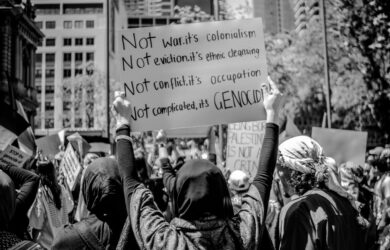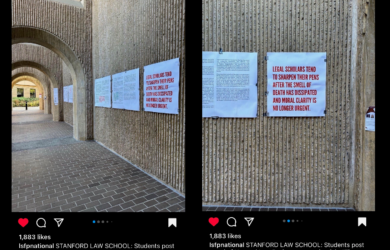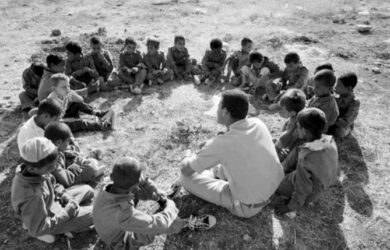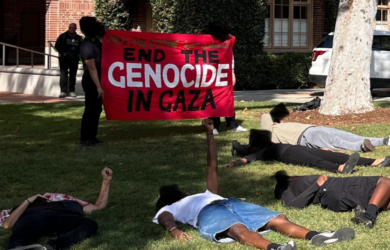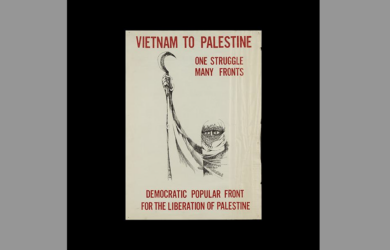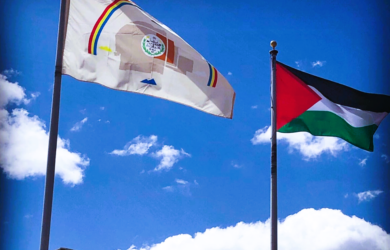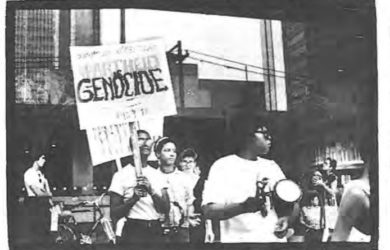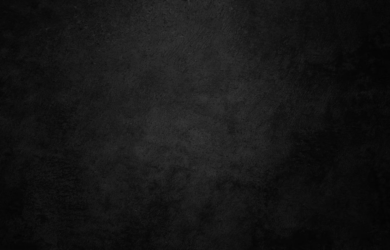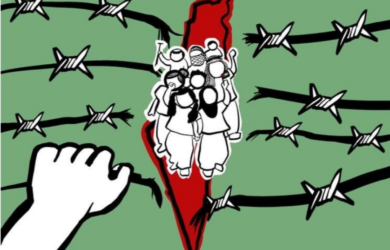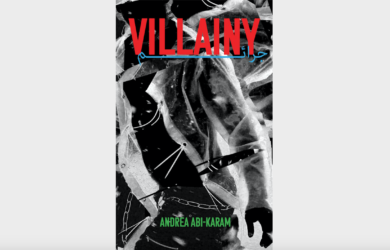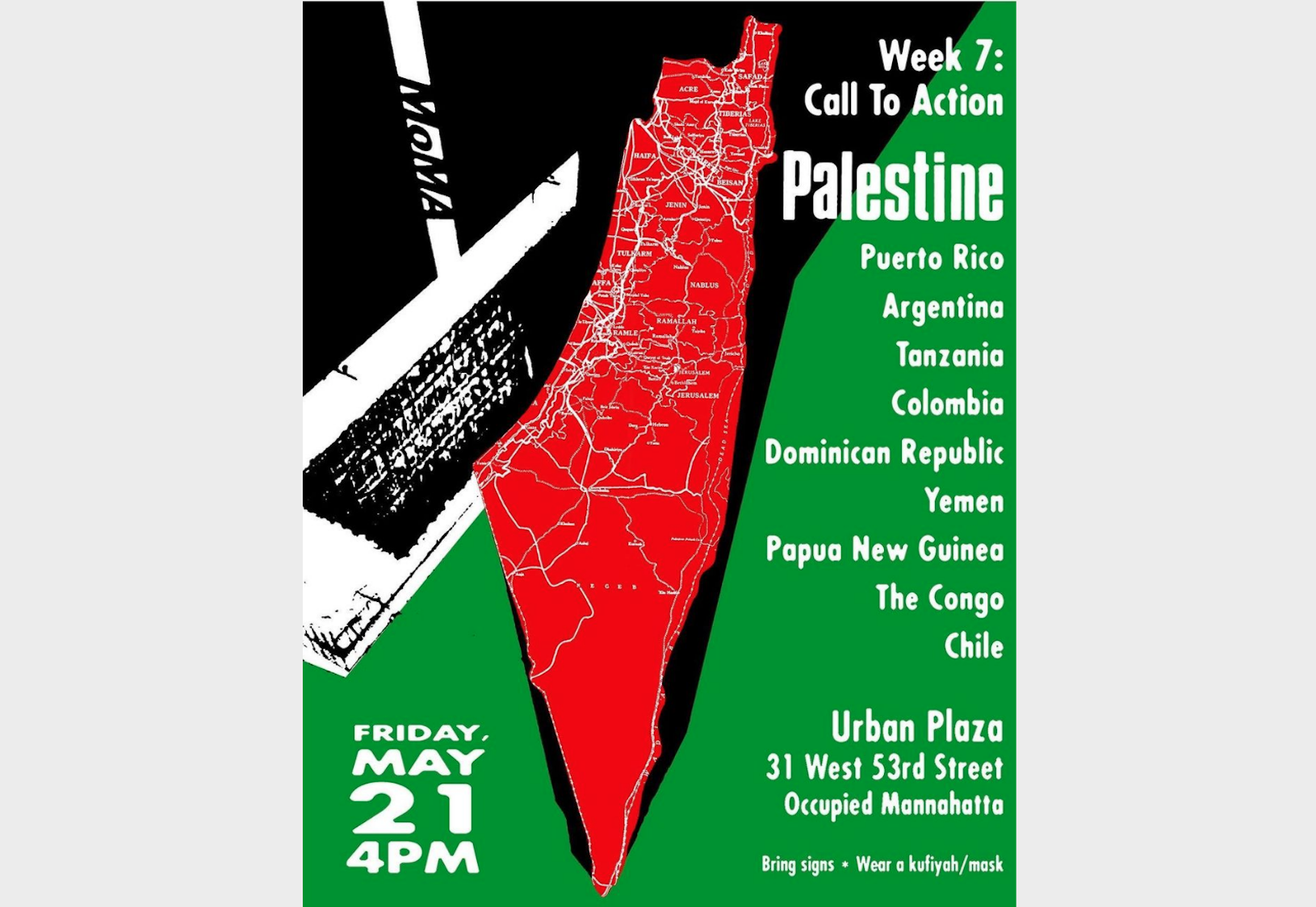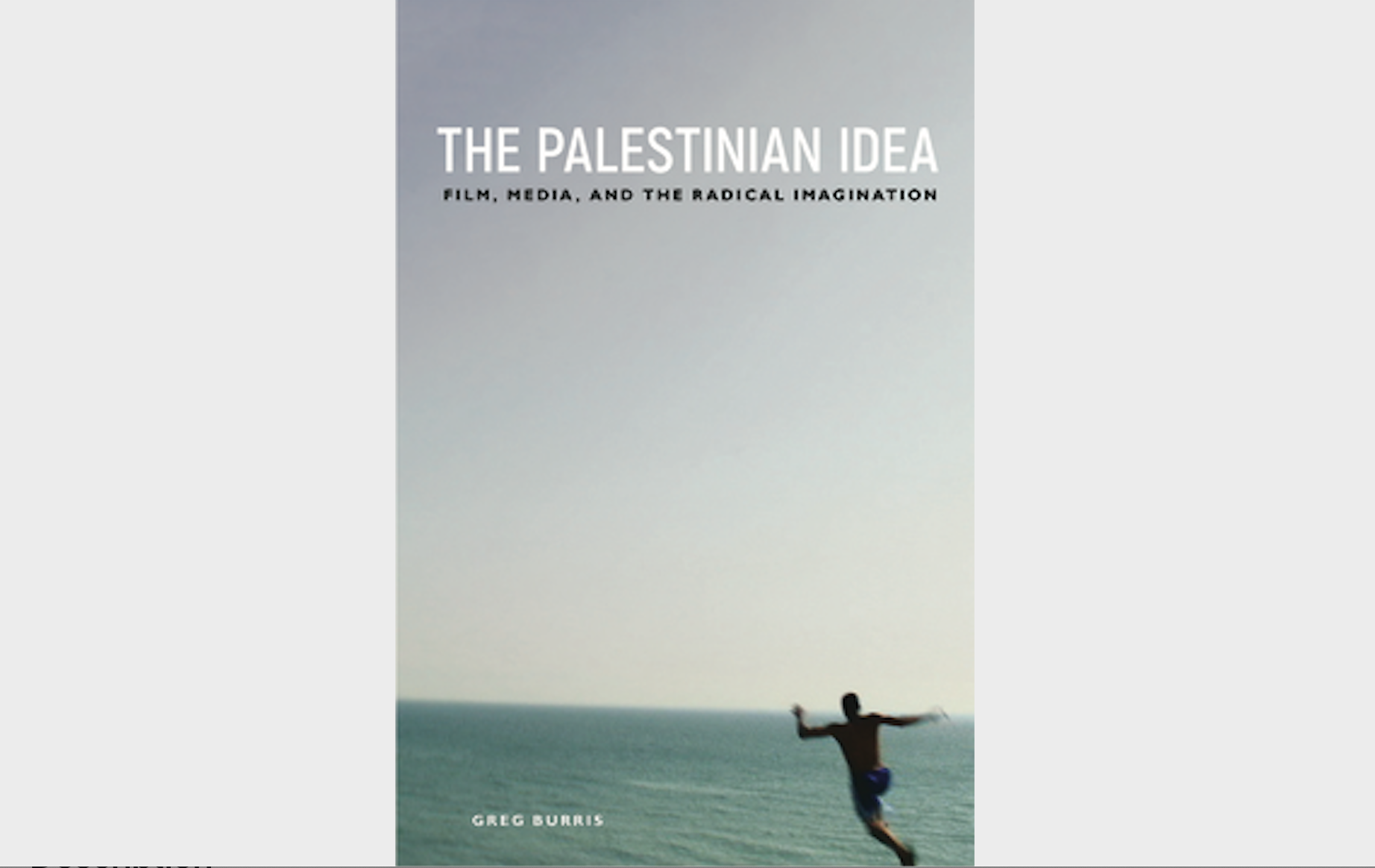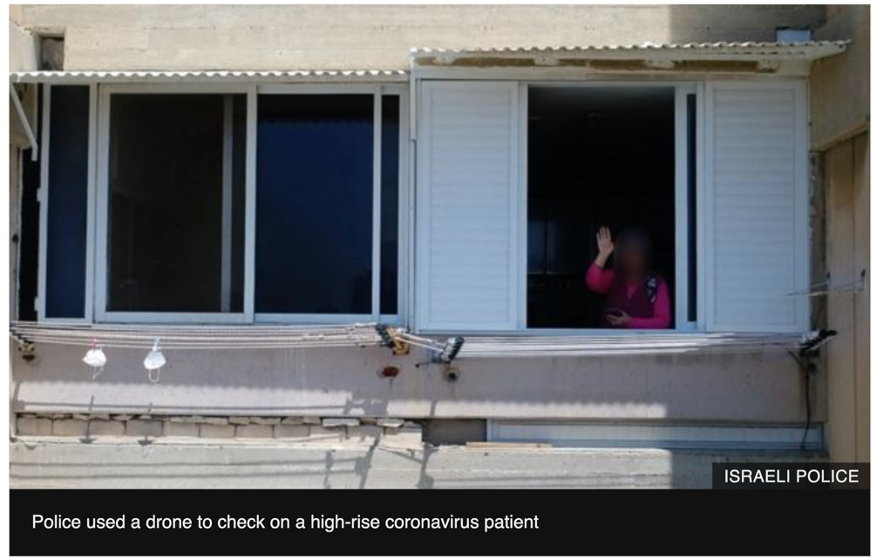These days, condemnation seems to be on everyone’s lips. In the nearly two months that have passed since Hamas launched its deadly attack on Israeli-controlled territory in the early hours of Saturday, October 7th, it seems that just about every … Continue reading “On Condemnation: Terrorism, Violence, and the Question of Palestine”
Tag: Palestine
What Is Our Responsibility as Intellectuals to Palestine?
Balraj GillThis is a revised version of a talk delivered at the symposium “Palestine and the Historian” at Harvard University on a panel titled “Borders, Apartheid, Carcerality.” My comrade Mary Jirmanus Saba—a filmmaker, geographer, and media studies scholar—recently participated in a … Continue reading “What Is Our Responsibility as Intellectuals to Palestine?”
Palestine and Our University
Sumayya KassamaliOn Friday, November 17, 2023, a group of PhD students in the Department of Anthropology at the University of Toronto organized a teach-in entitled “Decolonization and the War on Gaza,” held during the annual AAA/CASCA meeting that was taking place … Continue reading “Palestine and Our University”
Lying Down to Stand Up for What Is Right
Sarah M.A. GualtieriA curious strength emerges when lying on the earth in solidarity with the dead. On October 26, 2023, I joined a die-in on the USC campus as a faculty ally. There, in the act of laying my body on the … Continue reading “Lying Down to Stand Up for What Is Right”
Palestine Is Today’s Vietnam
Evyn Lê Espiritu GandhiPalestine is today’s Vietnam. Five decades ago, it was Vietnam’s anti-colonial struggle for independence—first against the French colonists and then against the US imperialists—that sparked international protest and solidarity. “Vietnam” became a synecdoche of the global Third World Liberation movement. … Continue reading “Palestine Is Today’s Vietnam”
Palestine and the Project of Native Studies
Lou CornumOn Friday, November 10th, the recently formed NYU Faculty for Justice in Palestine held a teach-in on campus on the theme of Palestine and the University. I share my remarks from that evening here. My name is Lou Cornum. I am … Continue reading “Palestine and the Project of Native Studies”
No Human Animals: On Black Solidarity with Palestine and the Defense of Life
Robyn MaynardThis lightly edited speech was written for the November 4 Free Palestine: National Day of Action in Montreal that was organized by the Palestinian Youth Movement. I am standing here in solidarity with the Palestinian peoples who are today demanding … Continue reading “No Human Animals: On Black Solidarity with Palestine and the Defense of Life”
Palestine Now–Call for Essays
Social Text CollectivePalestine Now Edited by Maya Mikdashi, Jasbir Puar, Helga Tawil-Souri Palestine Now editors invite contributions reflecting upon current and historical conditions in and of Palestine and Israel. As we collectively confront the “ethical indifference with which racial violence is met” … Continue reading “Palestine Now–Call for Essays”
Yes/No: Referenda and Mandates
Seán Cubitt, Cristóbal Escobar Duenas and Ben GookI. On October 14, 2023, Australia voted in a referendum on the Indigenous Voice to Parliament, an attempt to enshrine consultation with Indigenous peoples in the Australian constitution. The proposal originated in the Uluru Statement from the Heart, adopted by … Continue reading “Yes/No: Referenda and Mandates”
Open Letter from the Institute for the Critical Study of Zionism’s Research Community
Institute for the Critical Study of Zionism’s Research CommunityEighty scholars from the Institute for the Critical Study of Zionism (ICSZ) today released an open letter to universities and other institutions, demanding they retract their statements endorsing Israeli genocide against Palestinians. During the past two weeks of Israeli attacks … Continue reading “Open Letter from the Institute for the Critical Study of Zionism’s Research Community”
Figurations of Naziism as a Foil for (Violent) Revenge Fantasies: Quentin Tarantino’s Inglorious Basterds and the Making of a “New White Man” Post-9/11
Anna-Esther YounesMy characters change the course of the war. Now, that didn’t happen, because my characters didn’t exist. But if they had have existed everything that happens [in the movie] is fairly plausible.-Quentin Tarantino While newspapers around the world, including, notably, … Continue reading “Figurations of Naziism as a Foil for (Violent) Revenge Fantasies: Quentin Tarantino’s Inglorious Basterds and the Making of a “New White Man” Post-9/11”
Andrea Abi-Karam and Jasbir K. Puar: Correspondence 2021
Andrea Abi-Karam and Jasbir K. PuarAndrea Abi-Karam’s most recent book is Villainy, published by Nightboat Books last year. Jasbir K. Puar is a member of the Social Text Collective and the author, most recently, of The Right to Maim (Duke UP, 2017). Here the authors … Continue reading “Andrea Abi-Karam and Jasbir K. Puar: Correspondence 2021”
Free Palestine/Strike MoMA: A Call to Action
IIAAFWe the undersigned artists, critics, scholars, and organizers are writing to express our support for the Palestinian struggle against Israeli colonial rule and its apartheid system. We feel it is urgent to highlight the connections between the ongoing violence of … Continue reading “Free Palestine/Strike MoMA: A Call to Action”
Palestinian Liberation and the Limits of the Present: A Review of Greg Burris’s The Palestinian Idea
Karim ElhaiesIn an attempt to shed new light on transnational solidarity, Greg Burris’s The Palestinian Idea: Film, Media, and the Radical Imagination (Temple UP, 2020) poses a question: How can we think of Palestinian (and Black) liberation when history repeats itself … Continue reading “Palestinian Liberation and the Limits of the Present: A Review of Greg Burris’s The Palestinian Idea“
Society for Sick Societies: Domestic Inspectors
Daniel MannSociety for Sick Societies is a diagnostic project. Built as a series of episodes, each one of its vignettes sets out to analyze an expressed symptom of a sick society–a practice, pattern, gesture, proverb, or technique that seems to encapsulate … Continue reading “Society for Sick Societies: Domestic Inspectors”


